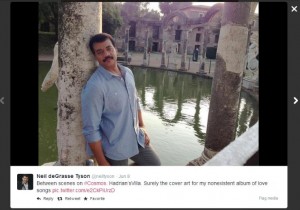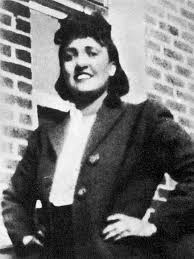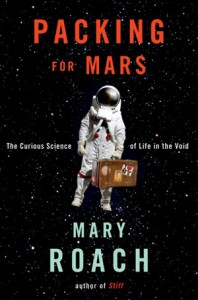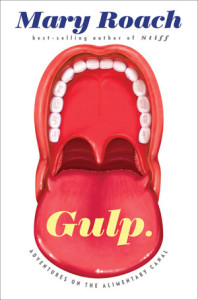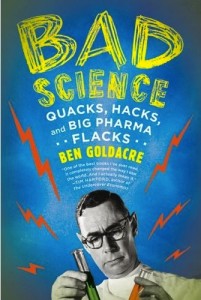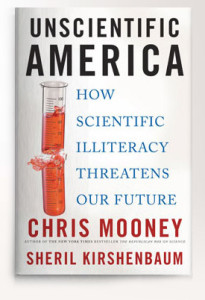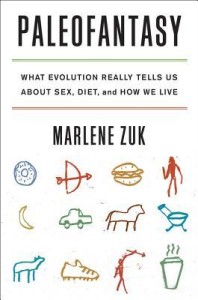The Pluto Files
Written by Ashley Kelmore, Posted in Reviews
Neil deGrasse Tyson is national treasure. Hopefully you all are aware of this, either because you’ve known for years, or because you caught the fantastic Cosmos this year. About three years ago I was lucky enough to see him speak at the local university, where he told vivid stories that helped me understand the scale of things in the universe and on earth, including one story that aided me in fully grasping how much money Bill Gates really has. Mr. Tyson is coming back to Seattle this fall and the shows are already sold out, which makes me so, so sad. But at least I have his books, and honestly that’s saying a lot, because the books are awesome. “The Pluto Files” tells the story of Pluto and the drama surrounding its reclassification.
Now, I love science, but my last formal education in the field was over 15 years ago. Sometimes I fear I won’t be able to follow science books, but Mr. Tyson has this lovely way of explaining things that makes them understandable but somehow doesn’t make me feel like he’s talking down to me. He’s clearly a brilliant scientist, but I think he’s brilliant writer as well.
The book provides a history of Pluto’s discovery, and is full of fun facts, like why moons of planets usually follow the convention of characters from the myths of the gods the planets were named for, but one’s moons are named for characters from Shakespeare. I love these trivia nuggets (I find they come in handy during pub quizzes), and they are dropped throughout in a manner that keeps what could have been dry material interesting and even light.
Part of the story around the reclassification ties in with the opening of the Hayden Planetarium in NYC, and Mr. Tyson describes in some detail all the thought that was put into building this lovely facility. Understanding the nature of science and the fact that some things change, he shares how they addressed the more concrete versus the more likely to change elements of the exhibit. It’s an interesting story because the planetarium staff had to make a call on how to address Pluto while the discussion about classification was going on.
Because of Mr. Tyson’s opinion on the topic, as well as his association with the Hayden Planetarium, he has been subjected to many letters – often with an angry tone, and often from whole classes of children – decrying the decision to remove Pluto from the list of planets, and he shares them with us. He clearly has a sense of humor about all of it while avoiding being condescending to people who don’t have the level of knowledge he has.
If you like science, pick this book up. Shoot, if you just like a good story, pick it up. It’s a pretty quick read, and it’s highly entertaining.
